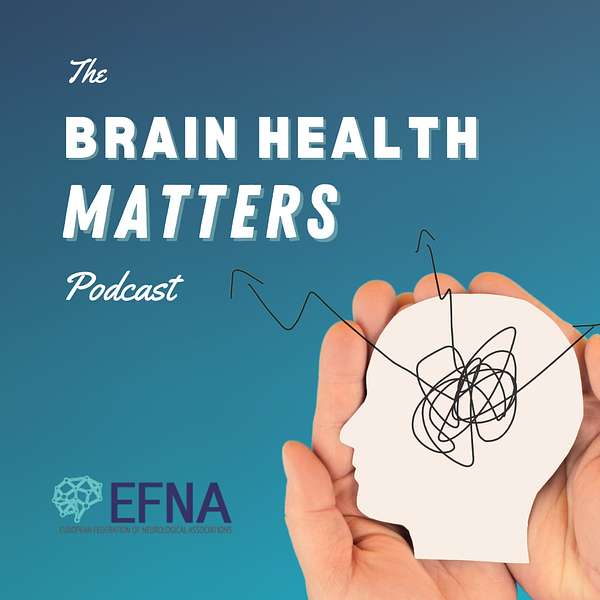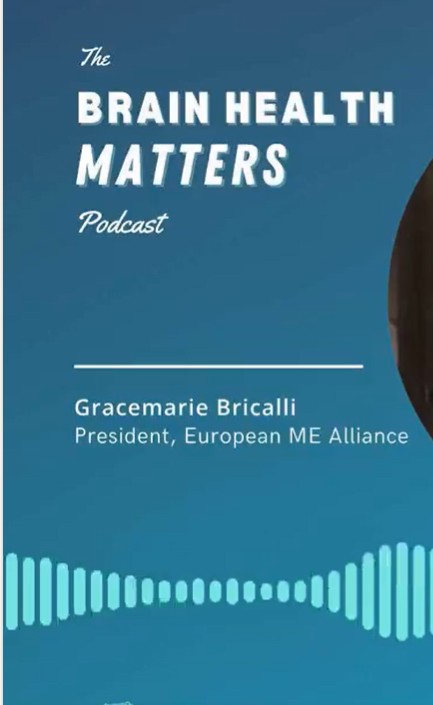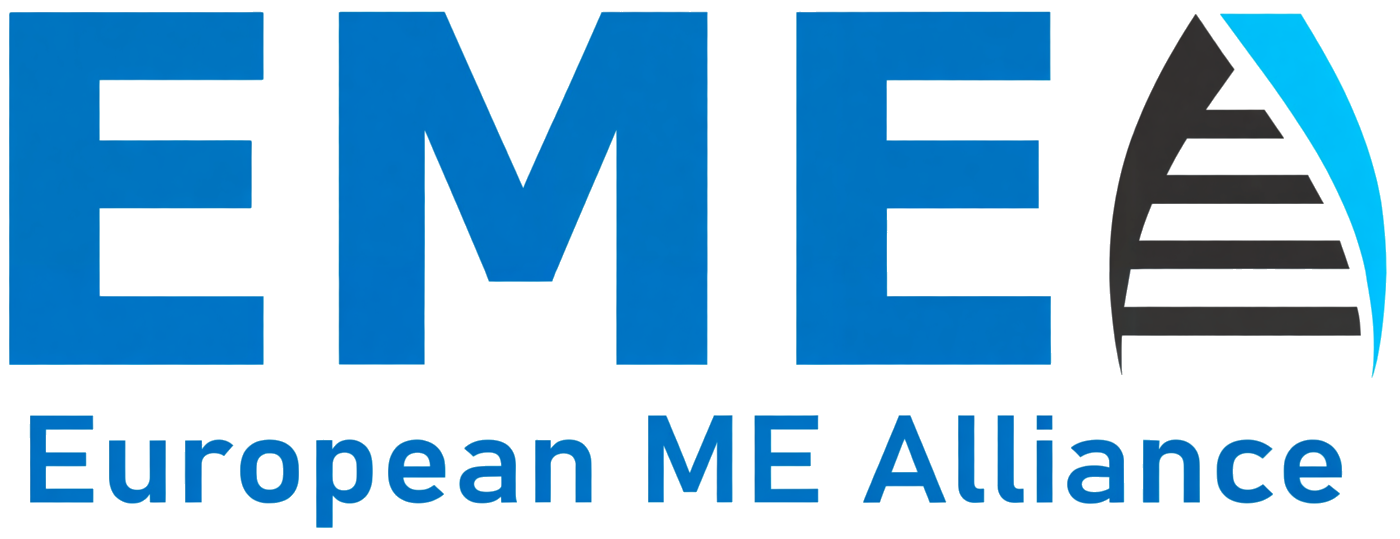EFNA / EMEA Podcast 2025
During the European Federation of Neurological Associations (EFNA) podcast, EMEA emphasised that ME /CFS is VERY REAL and that patients should be believed. We stated that we do not know of any other disease where people have experienced such harmful neglect and disbelief for decades – and we do not understand how this has become morally acceptable in our culture.
We emphasised that the very serious consequence of denying the disability ME causes is that people become bedbound and unable to care for themselves. The simple fact is that without help people will become so disabled their very survival will be endangered or they will resort to suicide.
We raised the crucial ethical question that we call on moral experts and theologians to answer: How should people interact with patients who suffer from severely disabling symptoms of seemingly ‘invisible illnesses’ such as ME/CFS?
It is important to answer this moral and ethical question because our recent Pan-European Patient Survey of over 11,000 patients confirms that in its mildest form ME/CFS disables people about 50%. More severe forms leave people house- and bedbound needing someone to care for them. Also, a large part of the trauma patients experience comes from the fact that people are not believed and left with no, or very little, financial support or personal assistance. So not only do people with ME/CFS suffer from the worst quality of life which patients describe as a ‘living death’, they also suffer from the stigma of disbelief that their symptoms are real.
Despite recognition as a physical neurological illness by the World Health Organization since 1969, thousands of published studies and international guidelines, there is still a dangerous lack of knowledge about ME/CFS and the HUGE negative impact it has on a person’s life, especially if the person is not believed and denied assistance when asking for help.
Because no diagnostic test yet exists, medical professionals often tell patients that they are healthy, or even worse, people receive incorrect diagnoses. For those who receive a psychosomatic diagnosis, their credibility is ruined because their medical records now say they have a mental illness and are just imagining their symptoms. Even worse than that, they are sent to psychiatric wards and subjected to harmful therapies that increase their levels of disability.
This is one of many undeniable examples of how their human rights are violated.
Even worse, many family members are told not to help patients because otherwise they will never recover from their false belief that they are ill. This leads patients to overexert themselves and further hinder their energy production and ability to function. While patients desperately want to defend themselves, they do not have the energy to do so.
We saw some hope in the 2020 European Parliament Resolution on ME/CFS. The EU sounded the alarm estimating there are 240 million people affected worldwide. Member states agreed to fund research, launch communication campaigns about the disease in their national language, and provide training for health professionals and decision-makers. This is what is needed. From what we know, so far nothing has been done.
Now with Long Covid patients reporting similar symptoms to ME/CFS, the number of patients is increasing exponentially, and the situation has become an unacknowledged humanitarian crisis.
We took the opportunity to speak directly to people suffering from ME telling them: We see you. We hear you. We understand the urgency of your needs. We have not forgotten you. While we can only imagine the depth of your suffering, please know that we are relentlessly doing everything possible to raise awareness so everyone everywhere will understand they need to take immediate action to provide you with the assistance you need right now, today - while at the same time we work in parallel for increased funding and speed of research to identify curative treatments.
Therefore, we invite everyone to join EMEA and EFNA to listen, believe and advocate, not only for those fighting invisible battles every day, but also for our European cultural values of not leaving behind millions of people with severe neurological disabilities.


Listen to the full podcast interview (EMEA speaks from minute 21 to minute 30):
here.
EMEA’s interview is from minute 21–30 in the audio.


